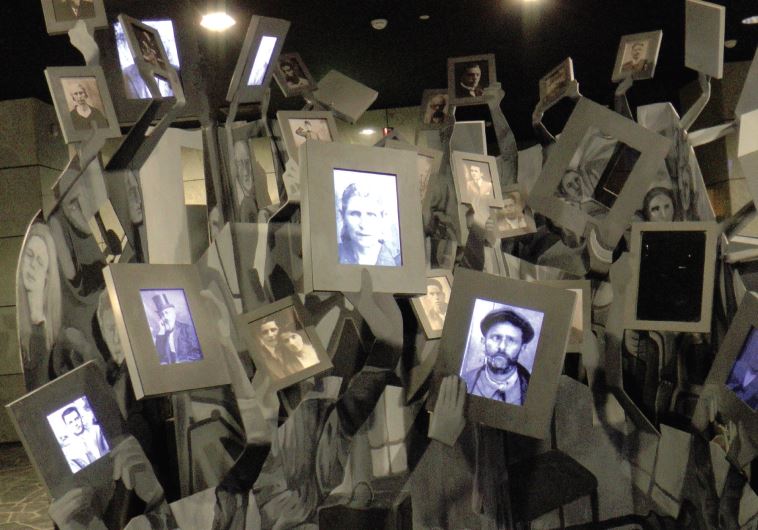Era of distortion: 'However bad it is today, it is not the Holocaust'
Whenever people try to call attention to something they consider evil, they use the word "holocaust."
 Exhibit at the Macedonia Holocaust Memorial Center in Skopje(photo credit: BERNARD DICHEK)
Exhibit at the Macedonia Holocaust Memorial Center in Skopje(photo credit: BERNARD DICHEK)